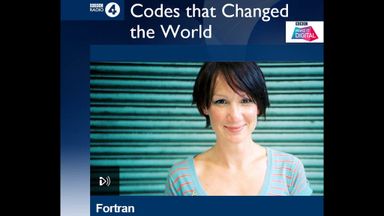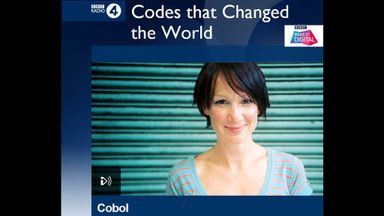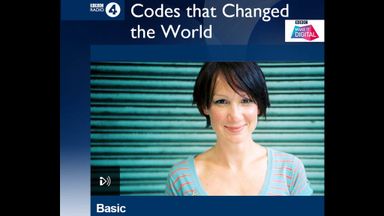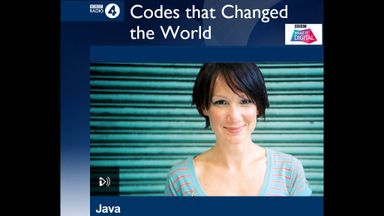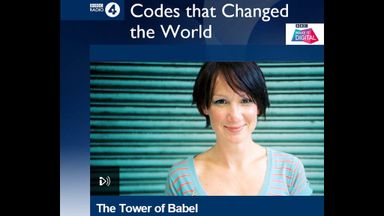Radio 4: Codes that Changed the World
1. Fortran
Clips from this programme
Introduction : The Harwell Dekatron Computer (WITCH at TNMoC, Bletchley): IT's more than the hardware, it's the software too! The software tree
Duration: 01:11FORTRAN - Before anything else in programming languages, there was FORTRAN (1950s), used for nuclear power and space exploration during the cold war (Barbara Alexandra with IBM 704 machine at Harwell and punched cards with machine code for reactors) (Ron Bell and high performance computing). High level languages needed
Duration: 03:31High level languages needed - FORTRAN was so much better than programming in Machine Code for the purposes computers were being used for then (Mathematics largely)- More elegance, a compiler translates to machine code allowing a new pace of change- John Backus of IBM
Duration: 04:54FORTRAN uses, and bugs (Challenger mission)
Duration: 03:23FORTRAN: Conclusions and its inheritance
Duration: 00:52Radio 4: Codes that Changed the World
1. Fortran
First broadcast: 6th April 2015
Duration 13:56
Aleks Krotoski tells the story of the languages that have been used to talk to machines. 1/5. Fortran: The language that helped put men on the moon and harness the atom.
Now playing
2. Cobol
First broadcast: 7th April 2015
Duration 13:55
Aleks Krotoski tells the story of computer languages. 2/5. Cobol: Inefficient, verbose and ugly, yet by the 1990s, 80 per cent of the world's business software was written in it.
3. Basic
First broadcast: 8th April 2015
Duration 13:56
Aleks Krotoski tells the story of computer languages. 3/5. Basic: As language of choice for home computing in the 1980s, Basic became iconic
4. Java
First broadcast: 9th April 2015
Duration 13:44
Aleks Krotoski tells the story of computer languages. 4/5. Java: The programming language that people probably interact with on a daily basis more than any other.
5. The Tower of Babel
First broadcast: 10th April 2015
Duration 13:52
Aleks Krotoski tells the story of computer languages. 5/5. The Tower of Babel: Aleks likens today's digital world to a reverse Tower of Babel.






